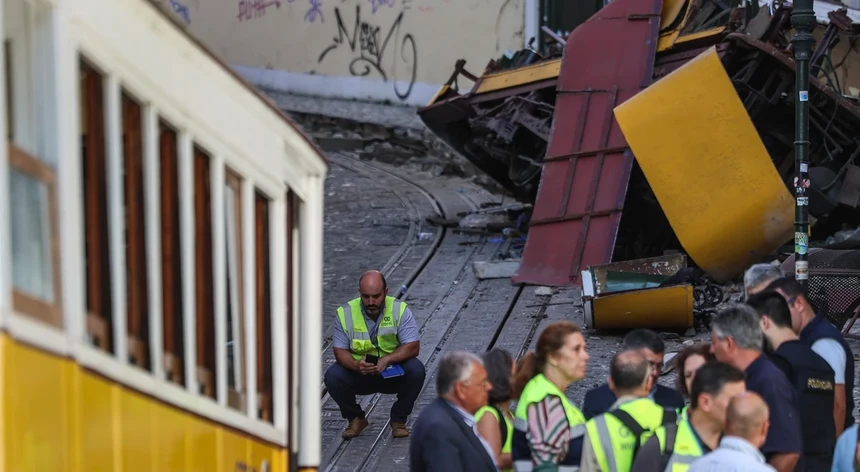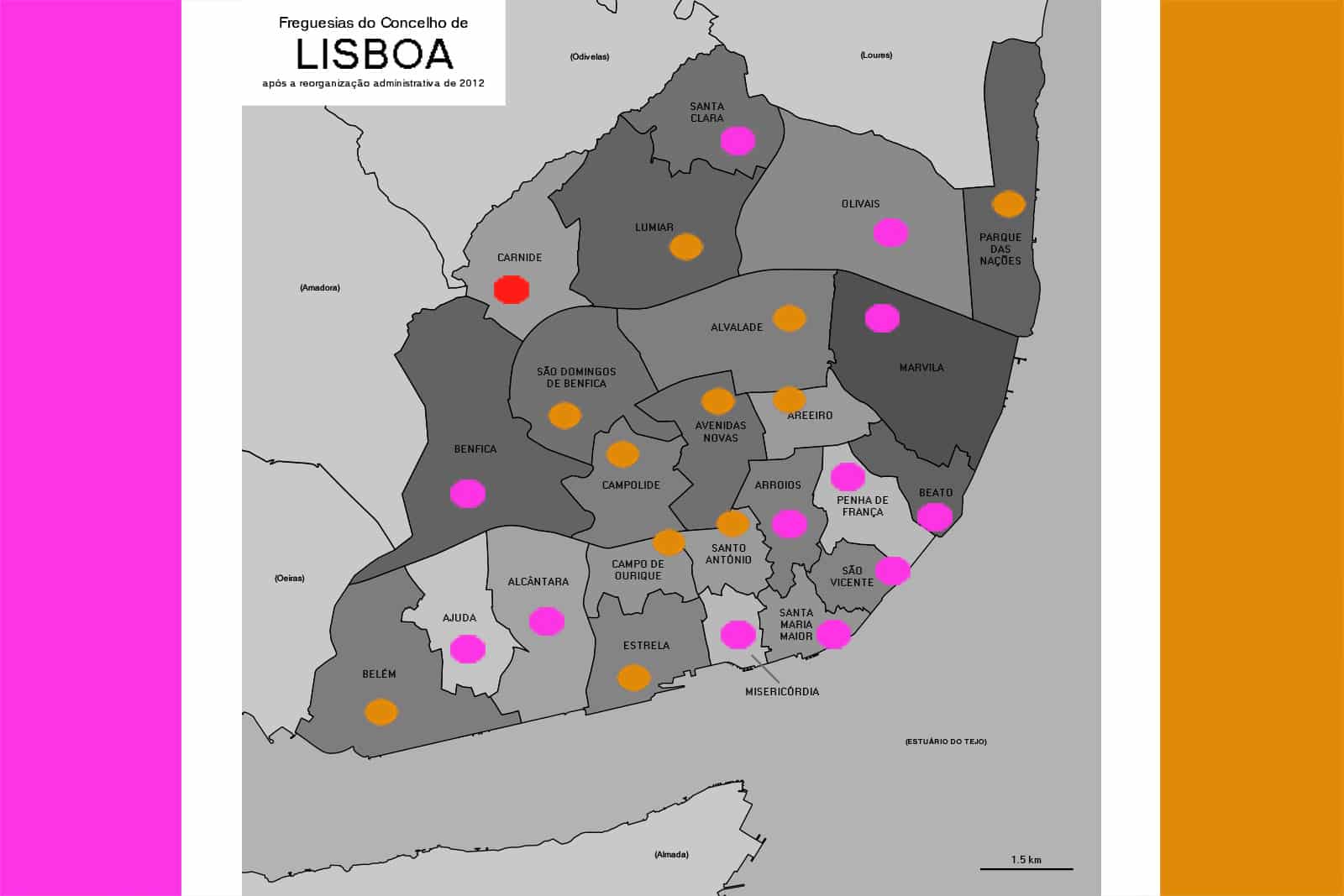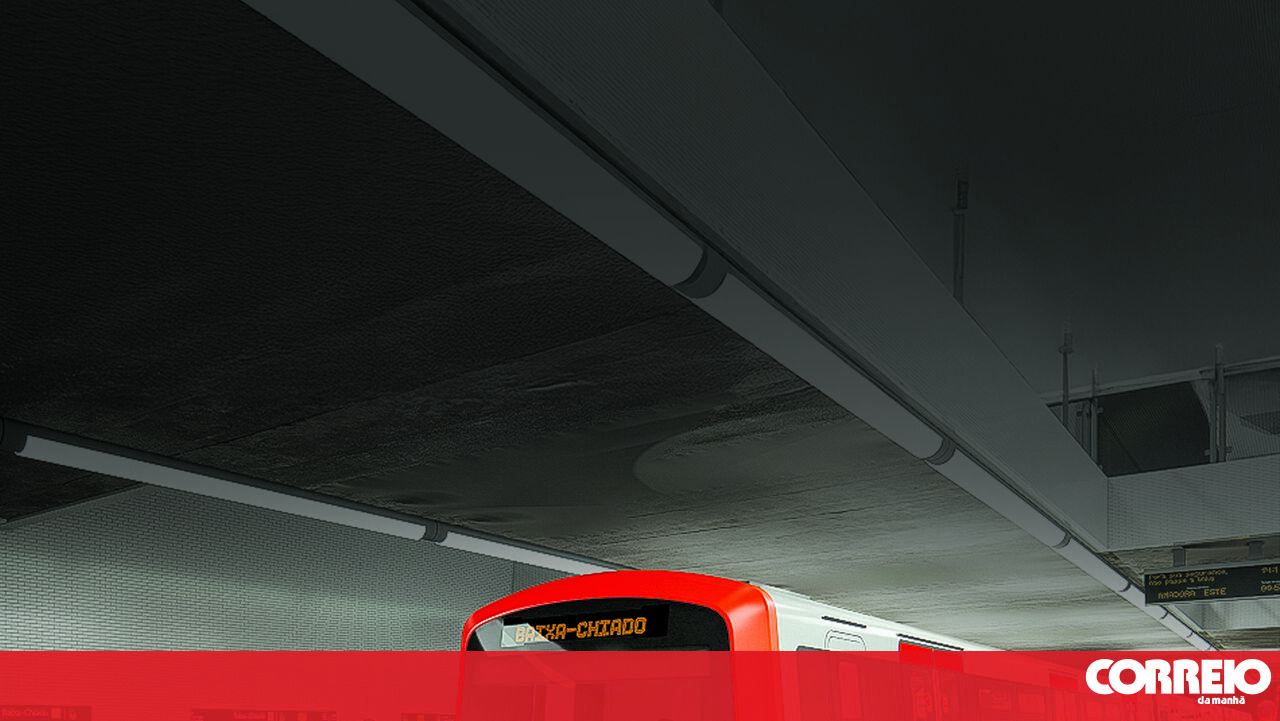The Portuguese government has admitted a legal gap in the supervision of funiculars like the Gloria Elevator. Infrastructure Minister Miguel Pinto Luz emphasized that the Institute for Mobility and Transport (IMT) is already drafting legislation to address this issue, expected to be ready in the coming weeks.
Government Admits Oversight Failure
"The report points to a gap in the supervision area, something the government had already detected post-tragedy," the minister stated to journalists. Miguel Pinto Luz added that the executive mandated the IMT, through the Secretary of State for Mobility, to "launch the legislative process that will be ready within a few weeks to redefine the supervision process."
"There cannot be a void. It is a void caused by a European directive that was transposed. From our point of view, well transposed. But this void had been prolonged for a long time," the minister stressed.
Tragedy Spurs Immediate Action
Miguel Pinto Luz acknowledged that, 'unfortunately, it was a tragedy that alerted to this situation,' but the government acted 'immediately' and did not wait for the preliminary report by the Office for the Prevention and Investigation of Accidents with Aircraft and Railway Accidents (GPIAAF), released on Monday.
Elevators Excluded from Legal Framework
The preliminary report on the Gloria Elevator accident indicates that a European directive transposed into Portuguese law in 2002 left this ascensor, as well as the Lavra Elevator, 'excluded from any legal framework and supervision' because they were equated to classic-type electric cars.
The Gloria and Lavra Ascensors were excluded from the scope of Decree-Law No. 313/2002, "which transposed into national legislation Directive 2000/9/EC applicable to cable installations for transporting people, as it was considered to fall under one of its exclusions, corresponding to 'classic-type electric cars moved by cable'."
"For this reason, they were outside the purview of the supervision of the then National Railway Transport Institute, later integrated into what is now the Institute for Mobility and Transport (IMT)," the GPIAAF report states.
Later, the exclusions were altered in a new decree, "but the Gloria and Lavra Ascensors, because they are classified as national monuments, were excluded from its scope of application."
According to the report, it was Carris that determined these two Lisbon ascensors fit into this category.
"Carris, aware of the operating system of the systems it operated, was of the opinion that the Gloria and Lavra Ascensors fit into the category of 'traditional-type electric cars moved by cables,' with which the INTF [whose competencies later passed to the IMT] agreed," the document reads.
Safety Responsibilities and Broader Implications
According to IMT statements in the accident investigation, it was understood at the time that "the Gloria and Lavra ascensors could thus be classified because the cable in this type of vehicle has only a function of synchronizing movement, in addition to mechanically compensating for ascending and descending marches."
Thus, "the safety aspects of the operation of both ascensors were the exclusive responsibility" of Carris as the operating entity, without being supervised by any independent public or private entity.
However, the report notes, "the fact that the ascensor was considered excluded from the scope of application of the referred legislation in no way prevented the application of the same rules as other installations, with due adaptations to their specificities."
The GPIAAF warns that Carris's electric trams are in the same situation, "because there is no legal framework for the technical and safety regulation of tram systems that circulate on non-reserved tracks."
"In this way, the safety conditions of the trams—historical, modernized, or modern—that circulate on public streets alongside road vehicles" are not, in Portugal, subject to compliance "with any rules other than those defined by the company itself, nor, mainly, to any type of independent supervision."































Comments
Join Our Community
Sign up to share your thoughts, engage with others, and become part of our growing community.
No comments yet
Be the first to share your thoughts and start the conversation!